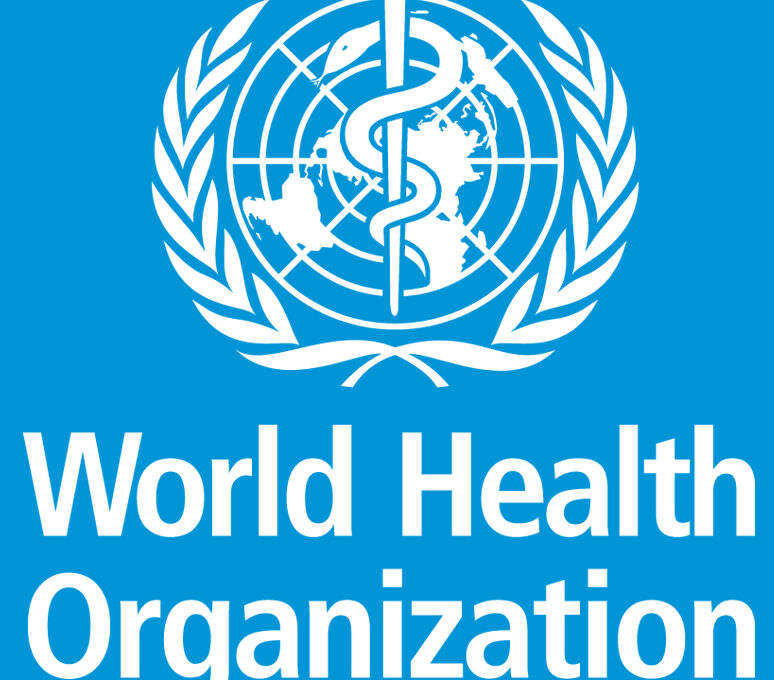The World Health Organisation,WHO,has warned that about 500 million people would develop heart disease, obesity, diabetes, or other noncommunicable diseases (NCDs) between 2020 and 2030 on account of physical inactivity.
The warning was contained in the World Health Organization’s Global Status Report on Physical Activity 2022.
If governments don’t take immediate steps to encourage more physical activity among their citizens, this will end up costing them US$ 27 billion yearly,it said
It added:”Data from 194 nations demonstrate that, overall, progress is modest and that, in order to boost levels of physical activity, prevent disease, and lessen the load on already overburdened health care systems, countries must speed policy creation and implementation.Less than 50% of countries have a national physical activity policy, of which less than 40% are operational; Only 30% of countries have national physical activity guidelines for all age groups
“While nearly all countries report a system for monitoring physical activity in adults, 75% of countries monitor physical activity among adolescents, and less than 30% monitor physical activity in children under 5 years.In policy areas that could encourage active and sustainable transport, only just over 40% of countries have road design standards that make walking and cycling safer”.
Dr Tedros Adhanom Ghebreyesus, WHO Director-General said: “We need more countries to scale up implementation of policies to support people to be more active through walking, cycling, sport, and other physical activity. The benefits are huge, not only for the physical and mental health of individuals, but also for societies, environments, and economies.
“We hope countries and partners will use this report to build more active, healthier, and fairer societies for all. The economic burden of physical inactivity is significant and the cost of treating new cases of preventable non-communicable diseases (NCDs) will reach nearly US$ 300 billion by 2030, around US$ 27 billion annually. Whilst national policies to tackle NCDs and physical inactivity have increased in recent years, currently 28% of policies are reported to be not funded or implemented.
The report emphasized the need for countries to prioritize physical activity as key to improving health and tackling NCDs, integrate physical activity into all relevant policies, and develop tools, guidance and training to improve implementation.
Dr Ruediger Krech, Director Department of Health Promotion WHO said:“It is good for public health and makes economic sense to promote more physical activity for everyone.We need to facilitate inclusive programmes for physical activity for all and ensure people have easier access to them. This report issues a clear call to all countries for stronger and accelerated action by all relevant stakeholders working better together to achieve the global target of a 15% reduction in the prevalence of physical inactivity by 2030.”

